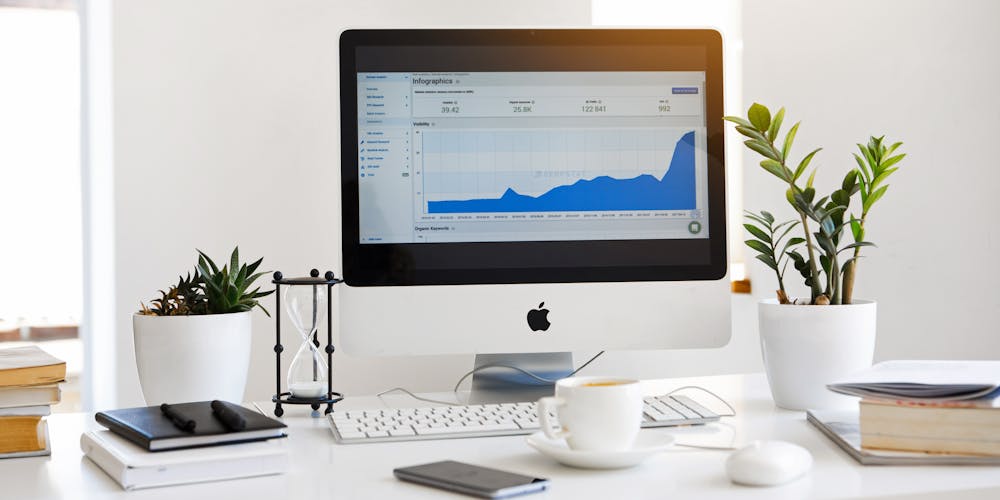The DIY PC building community often looks forward to the latter half of the year with great anticipation, as it traditionally heralds the arrival of innovative technologies and products from giants like Intel, AMD, and Nvidia. However, enthusiasts projecting their budgets for 2024 face a headwind that may dampen the joy of building or upgrading their computers: soaring raw material costs. DigiTimes has reported a significant surge in copper prices, with figures skyrocketing from $5,000 to a staggering $8,300 per metric ton. This increase is not isolated to copper; gold, a key component in various electronic products, is also experiencing a painful uptick in cost.
These rises in fundamental materials are cascading through the supply chain, signaling an inevitable hike in the prices of PCs and their components. Manufacturers in China, vital cogs in the production of basic computer parts, have predicted price increases ranging from 10-20%. This covers a broad spectrum, from battery makers to firms dealing in integrated circuits and validation processes, indicating the potential for a widespread economic impact within the PC industry.
The Broader Implications for PC Consumers
As autumn approaches, PC builders eagerly anticipate new tech offerings from industry leaders like Intel, AMD, and Nvidia. Yet, this year, high costs of essential materials could curb their enthusiasm. Copper prices have soared, rising from $5,000 to an unprecedented $8,300 per metric ton, as reported by DigiTimes. Gold, integral to electronics, is similarly seeing price jumps.
The escalating costs of these materials are rippling through the electronics supply chain, hinting at burgeoning prices for computer components. Chinese manufacturers, essential in producing PC parts, warn of price hikes between 10-20% across various segments, impacting everything from batteries to integrated circuits. This trend suggests that PC enthusiasts may face steeper investment requirements for their 2024 builds, with inflating prices potentially influencing the entire PC market.

